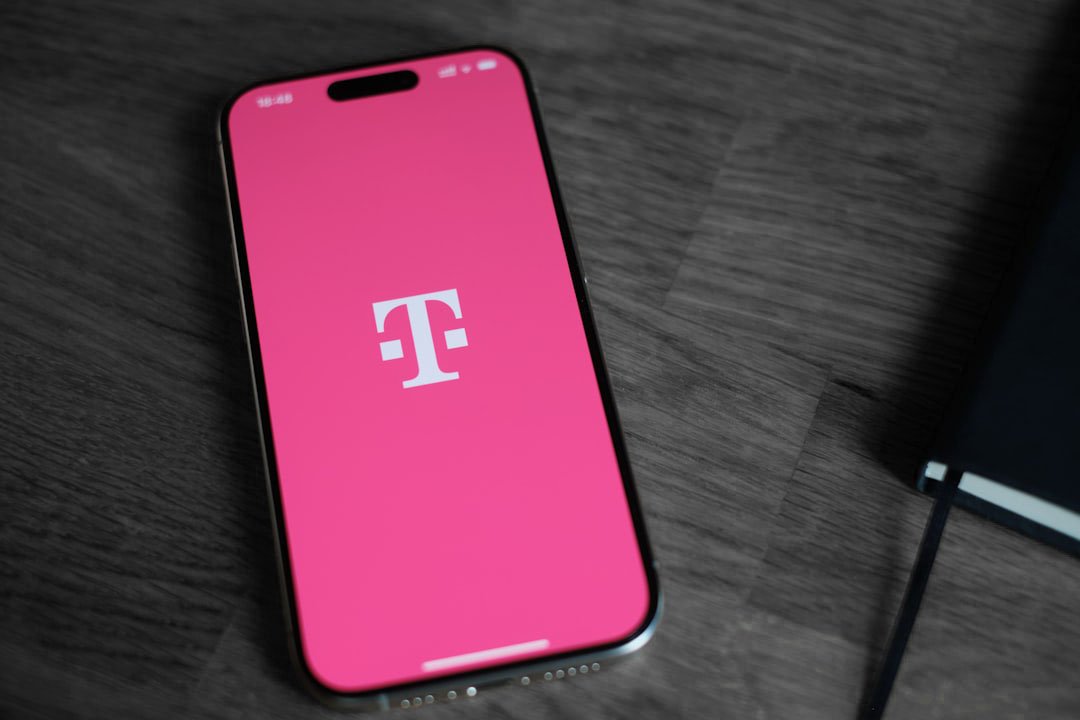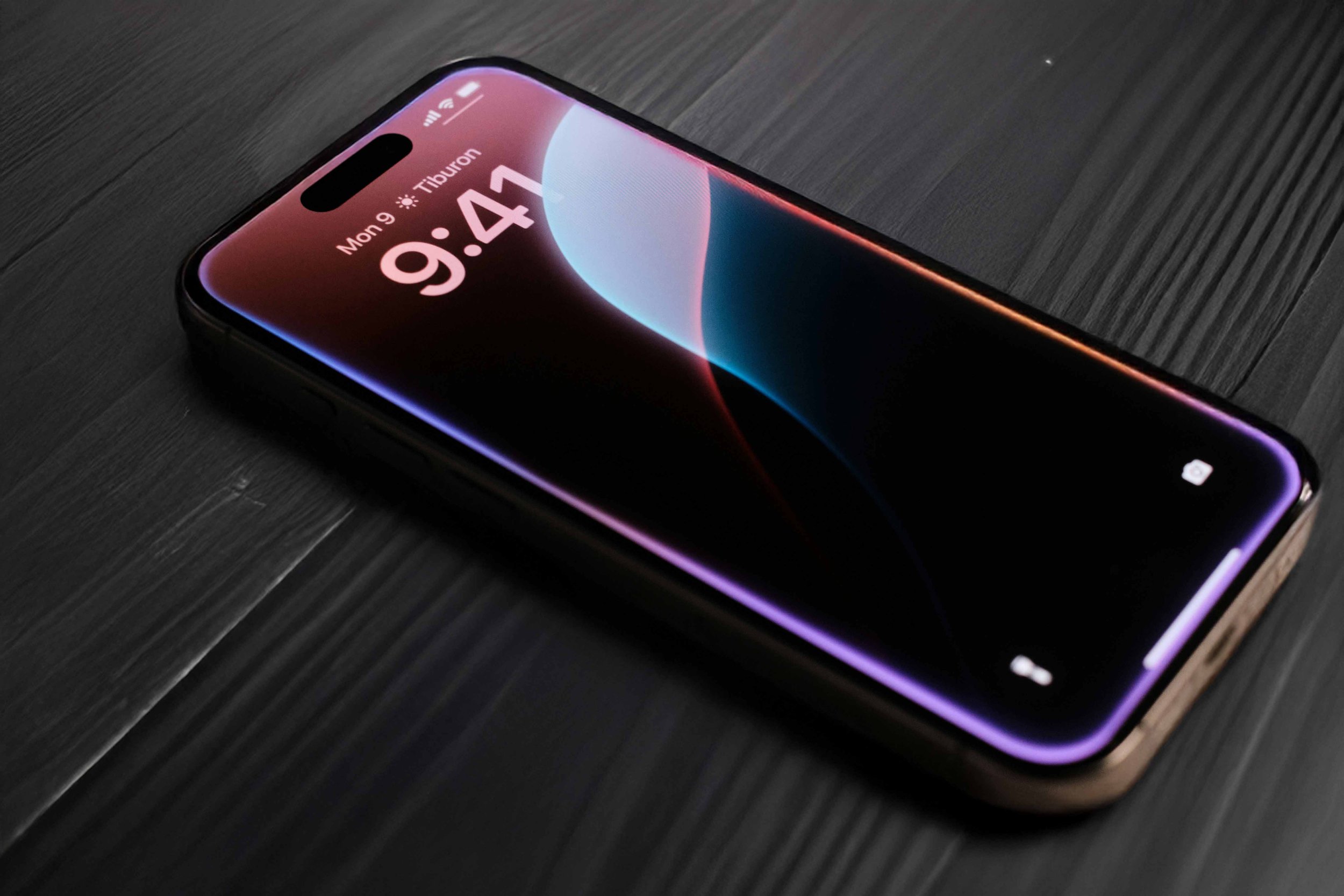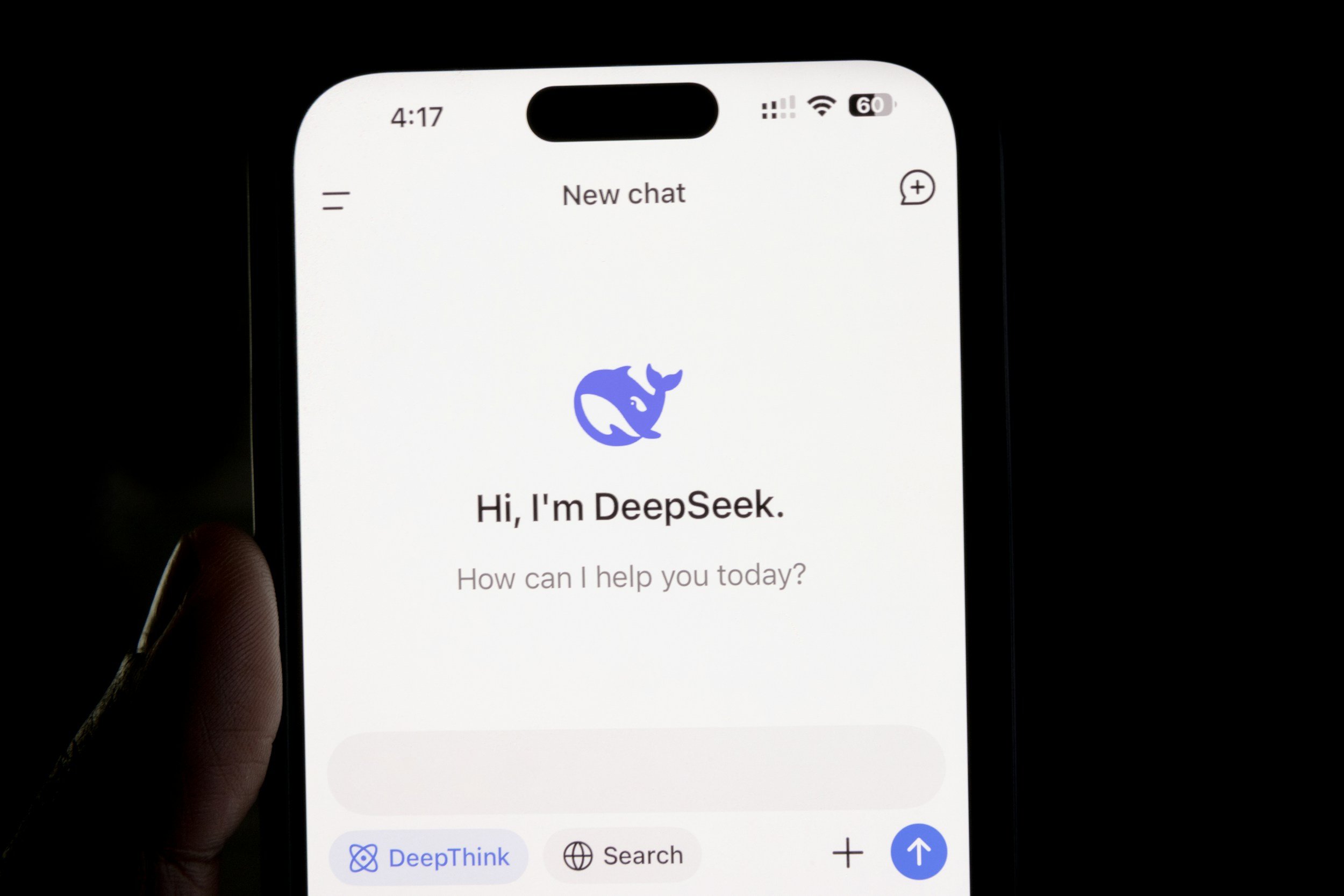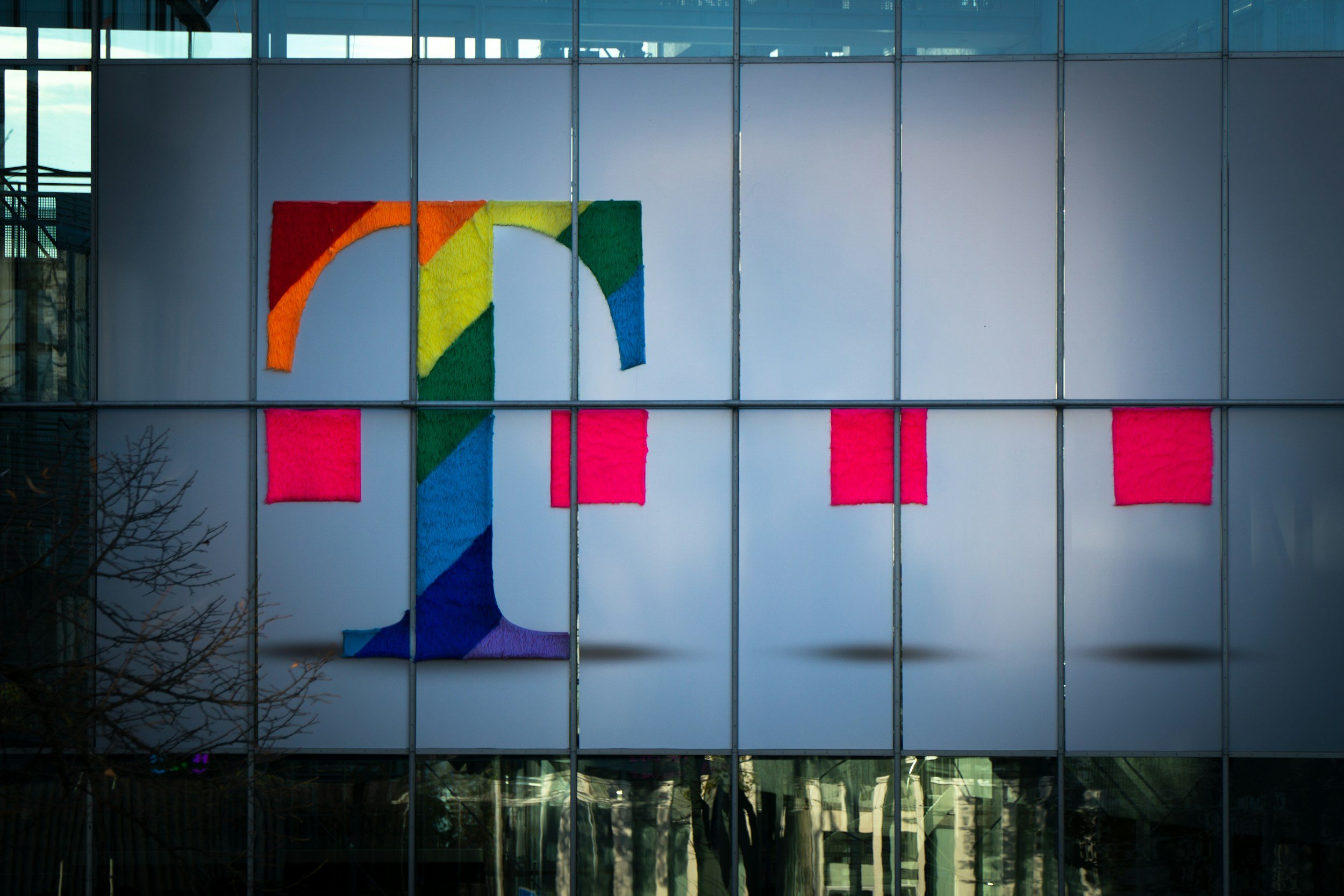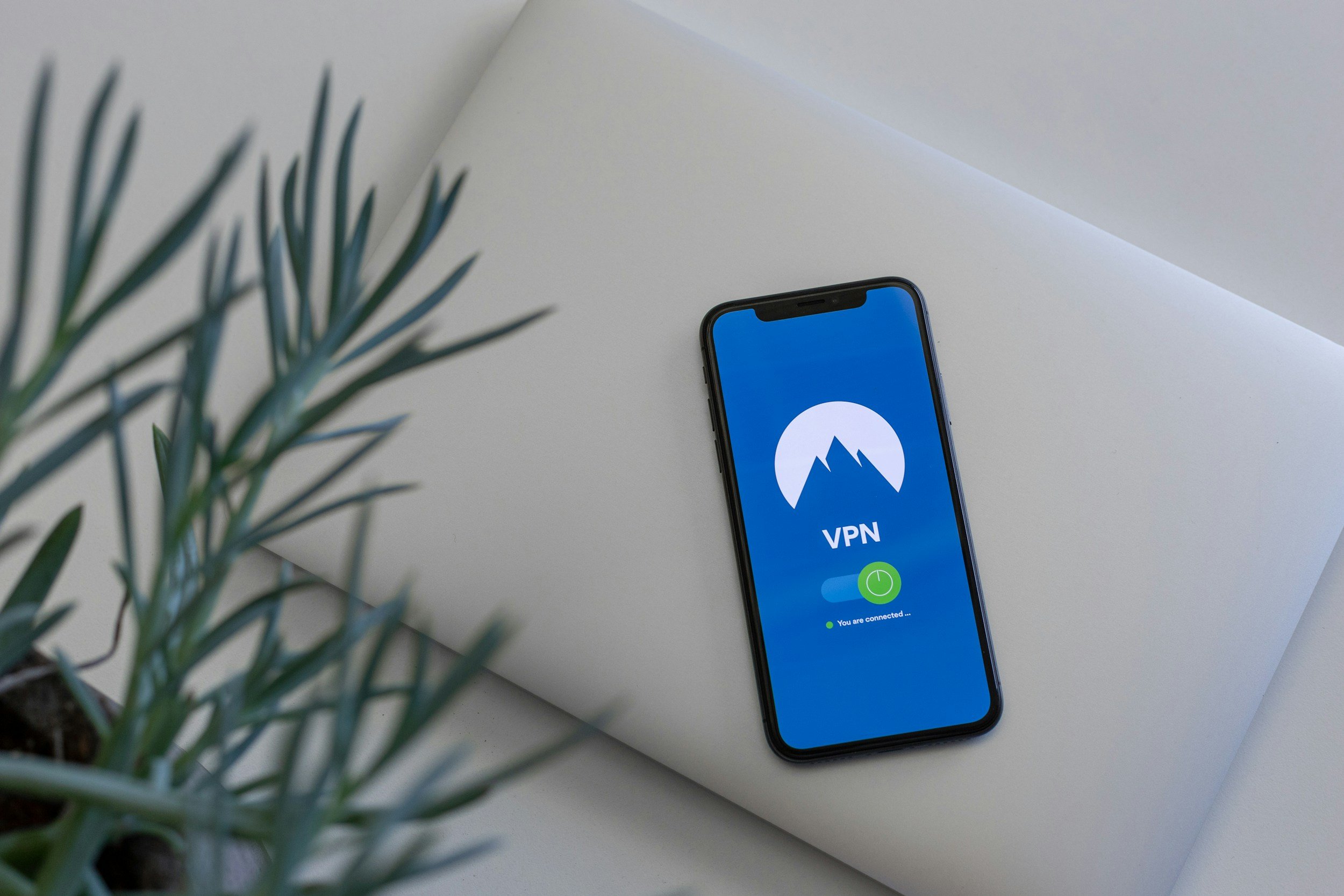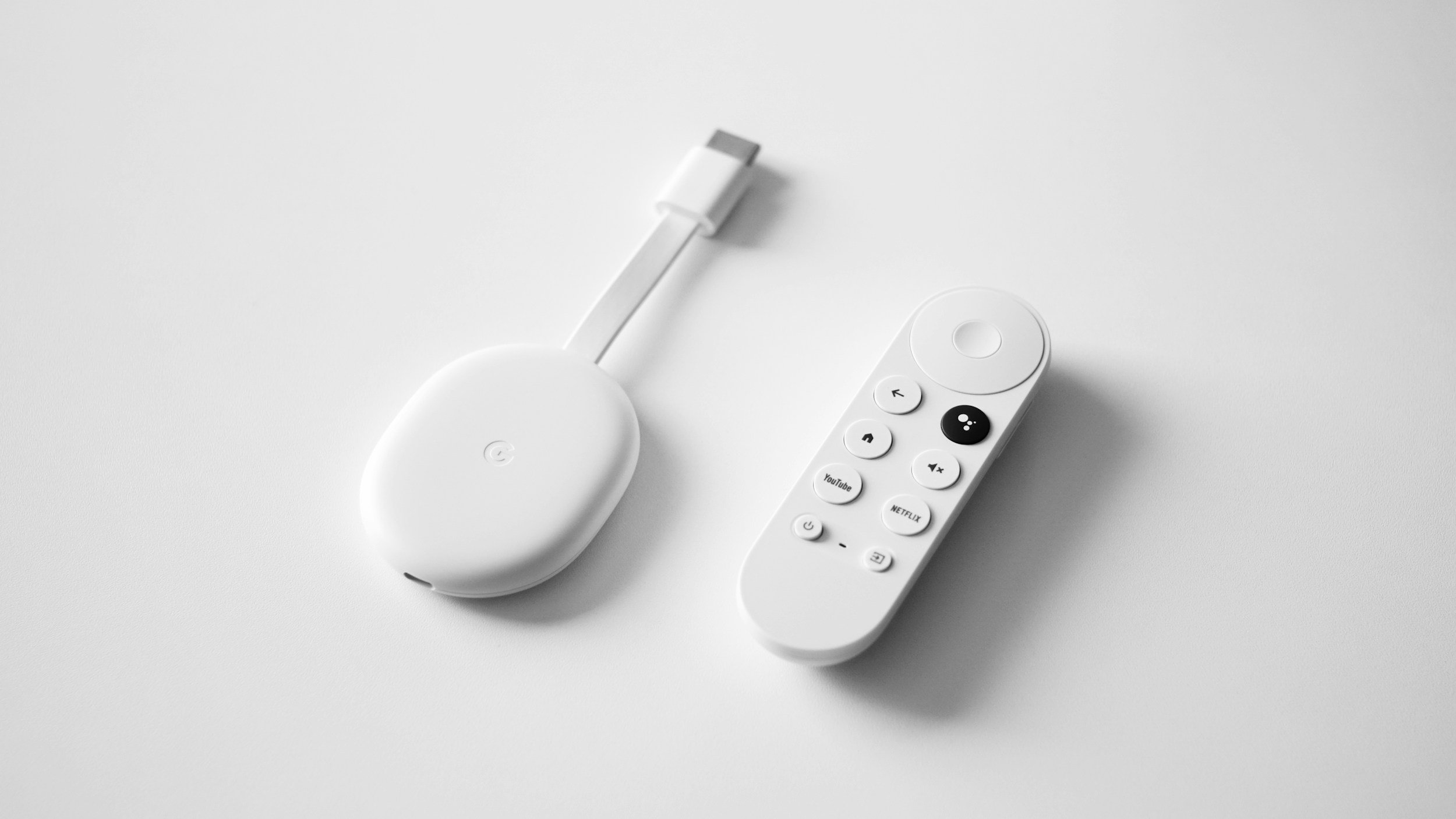AT&T Data Leak 2024 – What You Should Know
When you purchase through links on my site, I may earn an affiliate commission. Here’s how it works.
Table of Contents Show
If you've been following tech news lately, you've probably heard about yet another data leak – this time from AT&T. Yeah, the massive telecommunications company that connects millions of us every day. If you're an AT&T customer, or even just someone who cares about their digital privacy, this is something you need to know about.
Now, before we dive into the specifics of this 2024 leak, let's take a quick step back. AT&T, originally American Telephone & Telegraph Company, is a titan in the telecom world. They've been around for ages, offering everything from mobile plans to internet service and even home security. Basically, they're a one-stop shop for a lot of our communication needs.
But with that level of service comes a massive responsibility. Think about it: AT&T holds a treasure trove of our personal data. Everything from our names and addresses to our call records and potentially even financial information if you use their billing services.
That's why data privacy is absolutely paramount in this industry. It's not just about protecting corporate secrets, but about safeguarding the information that's deeply personal to us.
So, what happens when that trust is broken? When a data leak occurs? Well, it's a nightmare scenario for both the customers and the company. For us, the potential fallout is huge: identity theft, fraud, scams, you name it.
It's a massive violation of our privacy and can cause serious financial and emotional harm. For AT&T, it's a PR disaster. Their reputation takes a nosedive, customers lose trust, and there can be hefty legal and financial consequences.
Now, let's get to the 2024 AT&T data leak. As of right now, the details are still emerging. We've seen reports of a massive breach affecting millions of current and former customers, with data potentially ending up on the dark web. It's a mess, to say the least.
In this post, we'll break down everything we know so far, what AT&T is doing about it, and most importantly, what you should do to protect yourself.
Confirmed Details of the 2024 AT&T Data Leak
As of July 2024, the full picture is still a bit murky, but here's what I've pieced together from official statements and various news sources:
Date of the Leak and Discovery
The breach reportedly occurred sometime between the middle of 2022 and early 2023. AT&T claims they detected the unauthorized activity on April 19, 2024 and took immediate steps to secure their systems.
However, it wasn't until a few months later that they publicly acknowledged the incident and the scope of the damage. This delay has naturally raised some eyebrows and questions about their transparency.
Type of Data Leaked
Here's where things get a little concerning. AT&T has stated that the compromised data primarily includes "records of customer call and text interactions."
Now, while they haven't explicitly detailed the exact contents of these records, it's safe to assume that some level of personally identifiable information (PII) was exposed. This could include names, phone numbers, addresses, and potentially even the content of your text messages.
There have also been scattered reports of more sensitive data, like Social Security numbers, being leaked, but this hasn't been officially confirmed by AT&T.
Number of Customers Affected
This is where the scale of the breach becomes truly alarming. AT&T has admitted that "almost all" of its wireless subscribers were potentially impacted. That's a massive number, considering they boast over 110 million customers. Even if it's not the entire user base, we're still talking about a staggering number of people whose data may have been compromised.
The Method Used by Hackers
The exact method used to gain access to AT&T's systems hasn't been fully disclosed. However, the company has stated that it occurred through "a workspace on a third-party cloud platform." This has led many to speculate that the breach might be linked to recent security incidents involving the Snowflake cloud data platform.
It's also worth noting that there are reports suggesting a known hacker with a history of cybercrime may be involved, but AT&T hasn't confirmed this.
Bottom line: this is a serious breach with potentially far-reaching consequences. While AT&T has downplayed the severity, the sheer volume of affected customers and the potential sensitivity of the data involved is cause for concern.
AT&T's Response to the Data Leak
Okay, so we've covered the what and the how of the AT&T data leak, but now let's talk about the aftermath – how AT&T is responding and what they're doing (or not doing) to help those affected.
Immediate Actions and Security
AT&T claims they acted swiftly once the breach was detected, "terminating the unauthorized access" and implementing additional security measures. Now, that's the standard playbook for any company facing a cyberattack, but it doesn't tell us much about the specifics.
What exactly did they do to tighten up their security? Were there any vulnerabilities that should have been addressed earlier? These are questions we're still waiting to get answers to.
Notification Process
Here's where things get a bit messy. AT&T started notifying potentially affected customers via email on July 12th, 2024. However, there seems to be some confusion about who's actually getting these emails and what they say.
Some reports suggest the notifications are vague and don't provide enough information about the type of data exposed or the specific risks involved. Others claim they haven't received any notification at all, even though their data might be at risk. This lack of clear communication isn't exactly reassuring.
Mitigation Efforts
AT&T has stated that they're offering 12 months of free credit monitoring and identity theft protection services to those whose more sensitive information (like Social Security numbers) was potentially leaked.
While this is a step in the right direction, it's important to note that it's not a comprehensive solution. Credit monitoring won't protect you from all forms of identity theft, and it won't help if your call records or text messages are being misused.
Public Statements and Apologies
AT&T has issued a few public statements acknowledging the breach and apologizing for the inconvenience caused to customers. They've also set up a dedicated webpage with information about the incident.
However, their communication has been criticized for being too generic and lacking transparency. There's a sense that they're trying to downplay the severity of the situation and avoid taking full responsibility. This isn't exactly the kind of response you'd expect from a company that's entrusted with so much of our personal data.
Overall, AT&T's response to the data leak has been a mixed bag. While they've taken some steps to address the situation, there's a lot left to be desired in terms of transparency, communication, and proactive customer support. It remains to be seen how they'll handle the fallout from this breach in the long run and what measures they'll take to prevent similar incidents in the future.
The Impact of the Data Leak on AT&T Customers
If you're anything like me, you're probably wondering, "What does this leak mean for me, and what can I do about it?"
The Potential Risks
Let's not sugarcoat it: this data leak has opened up a Pandora's box of potential risks for AT&T customers. The leaked call and text records could be used by malicious actors in a variety of ways. Here are just a few possibilities:
Targeted Phishing Scams
Knowing your phone number and who you've been communicating with could make you a prime target for highly personalized phishing scams. These scams could involve calls or texts pretending to be from AT&T or other trusted sources, trying to trick you into giving away more sensitive information or clicking on malicious links.
SIM Swapping
With access to your phone number, scammers might attempt SIM swapping – transferring your number to their own SIM card. This could give them access to your text messages and calls, including two-factor authentication codes, potentially compromising your online accounts.
Doxxing and Harassment
In some cases, leaked data can be used to "dox" individuals – publicly revealing their personal information online. This can lead to harassment, stalking, and other forms of online abuse.
Emotional and Financial Toll
Beyond the direct financial risks, data leaks can have a significant emotional impact. The feeling of having your personal information exposed can be incredibly violating and stressful. It can lead to anxiety, sleeplessness, and a general sense of unease. Not to mention the time and energy spent dealing with the fallout, like monitoring your credit reports and changing passwords.
Recommendations for Protection
So, what can you do to protect yourself? Here are a few steps you can take right now:
Be Extra Vigilant
Be on high alert for any suspicious calls, texts, or emails. Don't click on links from unknown senders, and verify the identity of anyone claiming to be from AT&T or another trusted organization.
Change Your Passwords
Change your passwords for all your important online accounts, especially those associated with your phone number (like email, social media, banking, etc.). Use strong, unique passwords and consider using a password manager.
Enable Two-Factor Authentication
Turn on two-factor authentication (2FA) whenever possible. This adds an extra layer of security, requiring a code from your phone or another device to log into your accounts, even if someone has your password.
Monitor Your Accounts
Keep a close eye on your bank statements, credit card bills, and phone bills for any unauthorized activity. Consider freezing your credit reports to prevent new accounts from being opened in your name.
Report Suspicious Activity
If you notice anything unusual or suspect you've been a victim of fraud, report it to AT&T, your bank, and the relevant authorities immediately.
Please keep in mind that this is not an exhaustive list, and the situation may evolve. Stay informed, follow updates from AT&T and reputable news sources, and take any additional precautions recommended by security experts.
I know this can all seem overwhelming, but the most important thing is to not panic and take proactive steps to protect yourself. Let's face it, data breaches are becoming an unfortunate reality of the digital age. But by being informed and vigilant, we can minimize the impact and keep our personal information as safe as possible.
The Impact of the Data Leak on AT&T
Let's switch perspectives and look at the bigger picture: the impact of this data leak on AT&T itself. And let me tell you, it's not pretty.
1. Financial Fallout
Data breaches are notoriously expensive. We're talking about a cascade of financial losses that can hit a company hard.
First, there are the immediate costs: investigating the breach, bolstering security systems, notifying affected customers (which, as we've discussed, hasn't been AT&T's strong suit so far).
Then, there are the potential long-term costs, like legal fees for defending against class-action lawsuits (which are already piling up), compensation payouts to affected customers, and regulatory fines.
Oh, and let's not forget the loss of business as customers jump ship to competitors who haven't (yet) exposed their personal data to the world. It's a financial headache that could linger for years.
2. Reputation Damage
But the financial hit is just one part of the equation. Perhaps even more damaging is the erosion of trust and the blow to AT&T's reputation. They're not exactly new to data breaches, with several incidents in recent years.
Each time this happens, it chips away at their credibility and makes customers question whether their data is truly safe with AT&T. In today's digital landscape, trust is everything. If people don't feel like they can trust a company with their personal information, they'll take their business elsewhere.
3. Regulatory and Legal Consequences
And then there's the legal side of things. AT&T is already facing scrutiny from regulators and lawmakers. Depending on the specific laws in the affected states and the nature of the leaked data, they could be facing hefty fines and penalties.
There's also the possibility of criminal charges if it's found that they were negligent in their cybersecurity practices. This could lead to a whole new level of legal battles and further damage to their reputation.
The bottom line is this: the AT&T data leak is a major blow for the company, both financially and in terms of their standing in the industry. It's a stark reminder that even the biggest players are not immune to cyberattacks and that the consequences can be severe.
Whether or not they can bounce back from this and regain customer trust remains to be seen. One thing's for sure, though: this incident will have a lasting impact on AT&T and the entire telecommunications industry.
Lessons Learned and Future Prevention
Let's wrap this up by looking at the bigger picture – the lessons we can all learn from this AT&T data leak and how we can move forward to prevent similar incidents in the future.
AT&T's Cybersecurity
Now, I'm not a cybersecurity expert, but it's clear that AT&T's defenses weren't as robust as they should have been. This breach exposed vulnerabilities in their third-party cloud platform, raising questions about their oversight and risk management practices.
It also highlights the fact that even large companies with supposedly sophisticated security measures can fall victim to cyberattacks. It's a wake-up call for everyone in the tech industry to reassess their security protocols and invest in more robust defenses.
Recommendations for Improvement
AT&T needs to step up its game when it comes to cybersecurity. This means investing in cutting-edge security technologies, conducting regular security audits and penetration testing, and training employees on best practices for data protection.
They also need to be more transparent about their security practices and communicate clearly with customers in the event of a breach. This includes providing timely, detailed notifications and offering comprehensive support to affected individuals.
The Importance of Proactive Cybersecurity
This incident underscores the importance of proactive cybersecurity measures across the entire telecommunications industry. It's not enough to simply react to threats; companies need to anticipate them and take preventative measures to safeguard customer data. This includes implementing strong encryption protocols, multi-factor authentication, and regular data backups.
It also means fostering a culture of security awareness among employees and making cybersecurity a top priority at every level of the organization.
The Role of Government and Regulation
Of course, companies can't do it alone. Governments and regulatory bodies have a crucial role to play in ensuring data security and protecting consumers. This means enacting and enforcing strong data protection laws, holding companies accountable for breaches, and providing resources to help individuals recover from identity theft and fraud.
It also means creating incentives for companies to invest in cybersecurity and rewarding those who demonstrate a strong commitment to protecting their customers' data.
Final Thoughts
Alright guys, that's the rundown on the AT&T data leak of 2024. Let's recap the key points we've covered:
Scope
This is a massive breach, potentially affecting nearly all of AT&T's wireless customers.
Data Exposed
Call and text records, with the possibility of more sensitive information like Social Security numbers being leaked.
AT&T's Response
While they've taken some steps to address the situation, their communication and transparency have been lacking.
Customer Impact
This leak poses serious risks like phishing scams, SIM swapping, and doxxing.
Protecting Yourself
Be extra vigilant, change your passwords, enable 2FA, monitor your accounts, and report any suspicious activity.
The Bigger Picture
This incident is a wake-up call for the entire tech industry about the importance of proactive cybersecurity and the need for stronger data protection regulations.
Now, here's my call to action:
To AT&T
Step up your game. Take full responsibility for this breach, communicate clearly with your customers, and invest heavily in improving your cybersecurity practices. Regain our trust by showing us that you're truly committed to protecting our data.
To AT&T Customers
Stay informed and stay vigilant. Take the steps I've outlined to protect yourself, and don't hesitate to hold AT&T accountable for their actions. Your data is valuable, and you have a right to demand better protection.
To Everyone
Let's learn from this incident. Data breaches are a growing threat, and we all need to be proactive in safeguarding our personal information. Whether you're an individual or a company, invest in cybersecurity, stay informed about the latest threats, and demand better data protection from the companies we entrust with our information.
Your Thoughts
I'm curious to hear your thoughts on this whole situation. Have you been affected by the AT&T data leak? What steps are you taking to protect yourself? Share your experiences, questions, and concerns in the comments below.
And if you want to stay up-to-date on the latest tech news, reviews, and insights, don't forget to subscribe to my newsletter. I'll keep you in the loop on all things tech, including updates on this AT&T data leak and other cybersecurity issues.
Thanks a lot for reading! See you around.
FAQ
-
AT&T has stated that "almost all" of its wireless customers were potentially impacted, so there's a high chance your data was included.
They began notifying potentially affected customers via email in July 2024, but communication has been inconsistent, so you may not have received a notification yet even if your data was compromised.
-
AT&T has confirmed that records of call and text interactions were exposed. This could include phone numbers, dates, times, and potentially the content of messages.
There are also unconfirmed reports of more sensitive data, like Social Security numbers, being leaked.
-
The breach occurred through a workspace on a third-party cloud platform. The exact method used by the hackers is still under investigation, but there's speculation it might be linked to recent security incidents involving the Snowflake cloud data platform.
-
AT&T claims they took immediate action to secure their systems and are offering 12 months of free credit monitoring and identity theft protection to customers whose more sensitive information was potentially compromised.
They've also issued public statements and apologies, but their response has been criticized for lacking transparency and clear communication.
-
Be extra vigilant about suspicious calls, texts, and emails. Change your passwords for all important online accounts, enable two-factor authentication, monitor your accounts for unauthorized activity, and report anything suspicious to AT&T, your bank, and the relevant authorities.
-
That's a personal decision you'll need to weigh based on your individual circumstances and risk tolerance. If you're concerned about the security of your data with AT&T, switching to a different carrier might be a good option.
However, it's important to remember that no company is immune to data breaches.
-
AT&T is already facing scrutiny from regulators and lawmakers, and could potentially face legal action and financial penalties.
The exact consequences will depend on the specific laws in the affected states and the nature of the leaked data.
MOST POPULAR
LATEST ARTICLES








